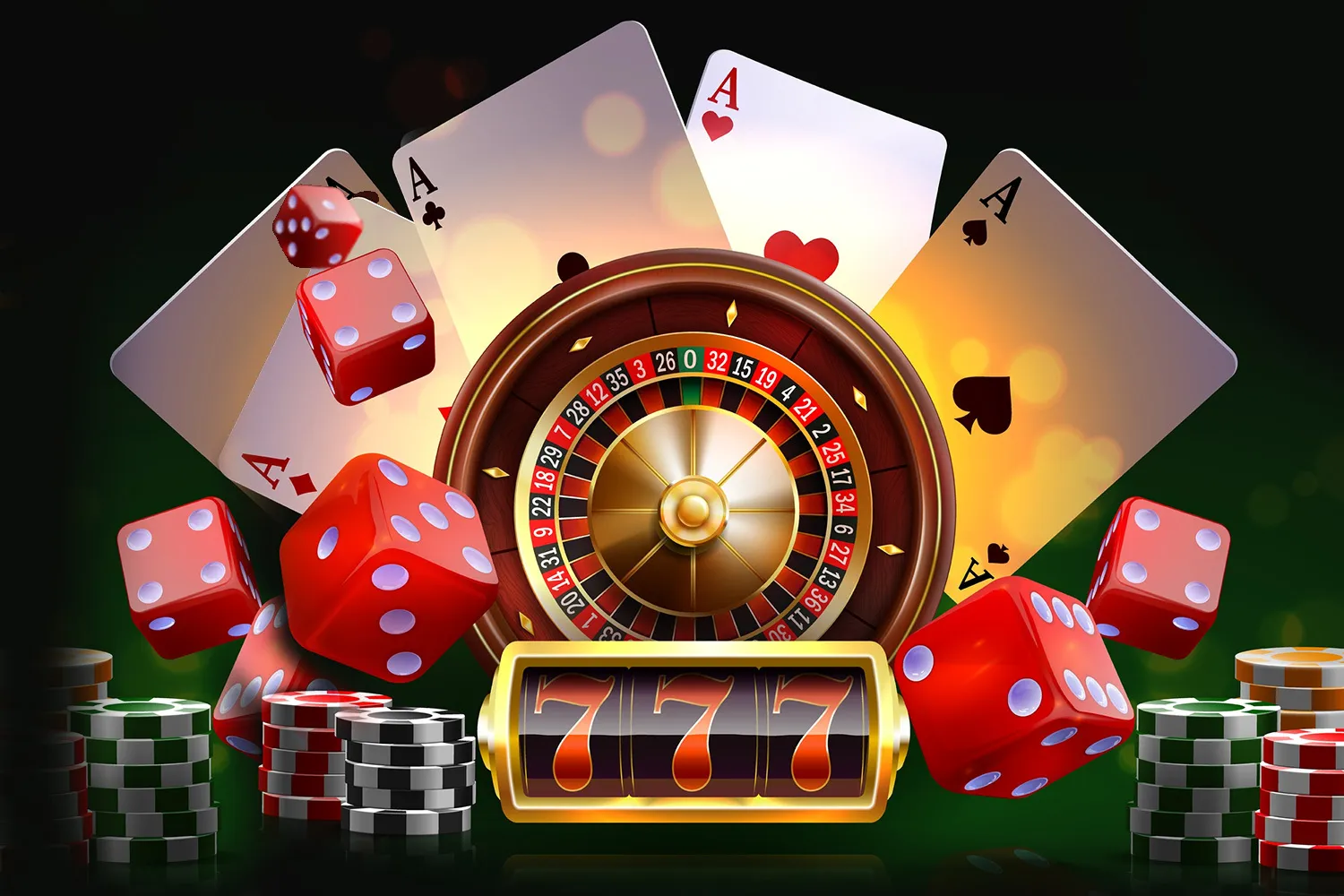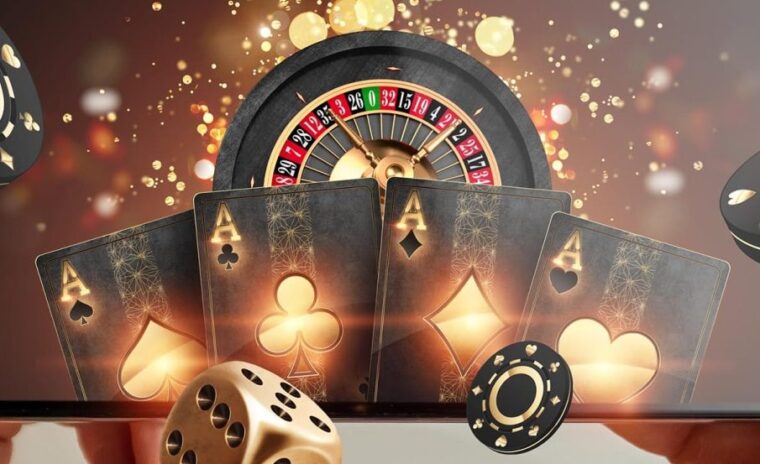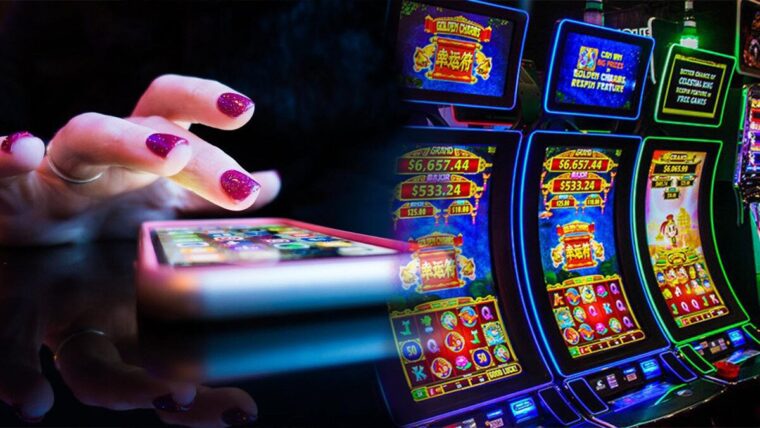In the vast expanse of human experience, luck has always held a mystical and often controversial position. Across different cultures and throughout history, luck has been revered, feared, and endlessly debated. Is luck merely a product of random chance, or does it connect deeply with our mindset and beliefs? This intriguing intersection of psychology and probability reveals much about how we perceive success and the role that the enigmatic force of luck plays in it.
In our quest to understand this phenomenon, we turn to various fields – from psychology and sociology to the essence of mathematics in probability. But beyond these academic lenses, a real-world manifestation of luck consistently captivates millions: the lottery. The allure of the lottery lies not just in the potential financial reward but in the thrilling possibility that, against all odds, one might emerge victorious. It’s here, in this high-stakes world, where the psychology of luck truly comes to life.
The Lottery: A Portal to Understanding Luck

The lottery serves as a fascinating case study in understanding luck. It is a pure game of chance, where probabilities can be calculated, but outcomes remain unpredictable. Yet, despite the overwhelming odds, lottery players across the globe invest their hopes, dreams, and sometimes their hard-earned money in this game of chance. This dichotomy between the mathematical improbability of winning and the unwavering belief of participants in their potential to win is where the psychology of luck begins to unfold.
The Power of Positive Thinking
One of the key aspects of this psychology is the concept of positive thinking. The idea that maintaining a positive outlook can somehow influence the outcome of events is popular, and it’s particularly prevalent among lottery players. This belief often stems from the cognitive bias known as the “illusion of control,” where individuals overestimate their ability to control events that are, in reality, dictated by chance.
Research and Reality
Research in psychology provides some insight into this phenomenon. Studies have shown that positive thinking can impact an individual’s approach to problem-solving and decision-making, leading to more persistence and a greater willingness to take risks. In the context of the lottery, this translates to a more consistent participation and an unwavering belief in the possibility of winning.
However, it’s crucial to distinguish between the motivational aspects of positive thinking and its actual impact on random outcomes. While a positive attitude can improve one’s approach to challenges and opportunities, it does not alter the inherent probabilities of a game like the lottery.
The Role of Superstition in Luck

Superstition plays a significant role in how people perceive and interact with the concept of luck. Many lottery players have rituals or lucky charms that they believe increase their chances of winning. These range from playing specific numbers, such as birth dates or anniversaries, to wearing certain clothing when purchasing a lottery ticket.
Deep-rooted Beliefs and Cultural Influences
This reliance on superstition is not just a passing fancy; it’s deeply rooted in cultural and personal beliefs. In many cultures, numbers are imbued with meaning beyond their mathematical value. For instance, the number eight is considered extremely lucky in Chinese culture due to its phonetic similarity to the word for prosperity. Conversely, in Western cultures, thirteen often carries a stigma of bad luck. These cultural influences seep into lottery players’ choices, often subconsciously guiding them toward certain numbers and away from others.
Psychological Comfort in Uncertainty

The turn towards superstition in games of chance like the lottery also offers psychological comfort. The randomness and unpredictability of lottery outcomes can be unsettling. By adhering to superstitions, individuals feel they are imposing some order on this chaos. It’s a way of coping with the anxiety that comes from uncertainty and the lack of control over the outcome. Even if they logically understand that these rituals do not influence the odds, the emotional comfort they provide is real and tangible.
Personal Rituals and Lucky Charms
Beyond cultural superstitions, personal rituals and lucky charms are also prevalent among lottery players. Some might always use the same pen to fill out their lottery ticket, while others might have a specific routine they perform before checking the lottery results. These rituals can be as unique as the individuals themselves, often stemming from an experience where they experienced luck. For example, if someone won a small amount in a day, they wore a particular hat that might become their ‘lucky hat’ for all future lottery endeavors.
The Placebo Effect in Action

Interestingly, what we observe in these rituals and beliefs is akin to the placebo effect in medicine. Just as a placebo pill can have a real, positive impact on a patient’s health due to their belief in its efficacy, superstitions can also positively impact a lottery player’s experience. The belief in the power of these superstitions can reduce stress and increase enjoyment, regardless of the outcome of the lottery itself. It’s a testament to the human mind’s power and belief’s impact on perception and experience.
A Psychological Perspective
From a psychological standpoint, superstitions often emerge to cope with uncertainty. They provide a sense of control in situations where individuals have very little. This need for control is a fundamental human trait deeply ingrained in our psychology. People feel they can influence outcomes by adhering to specific rituals or beliefs despite the need for a logical or scientific basis for these beliefs.
In the lottery, where the odds are clearly and unambiguously stacked against the player, superstitions can offer a semblance of strategy and control. They transform the lottery from a random game of chance into a more personal endeavor, where individual actions and beliefs hold perceived sway over the results.
Conclusion
The psychology of luck is a complex tapestry woven from threads of belief, superstition, and the human need for control. In the realm of the lottery, this psychology is vividly displayed. The lottery’s allure is not just in its potential financial rewards but in how it allows individuals to engage with the concept of luck. It provides a rare opportunity to test the boundaries of belief and probability.
In essence, while luck in the form of random chance remains an uncontrollable force, our perception of and belief in luck can significantly influence our behavior and approach to opportunities like the lottery. The real power of luck, therefore, may not lie in its ability to alter outcomes but in its capacity to inspire hope, motivate action, and enrich our understanding of human nature and belief.
